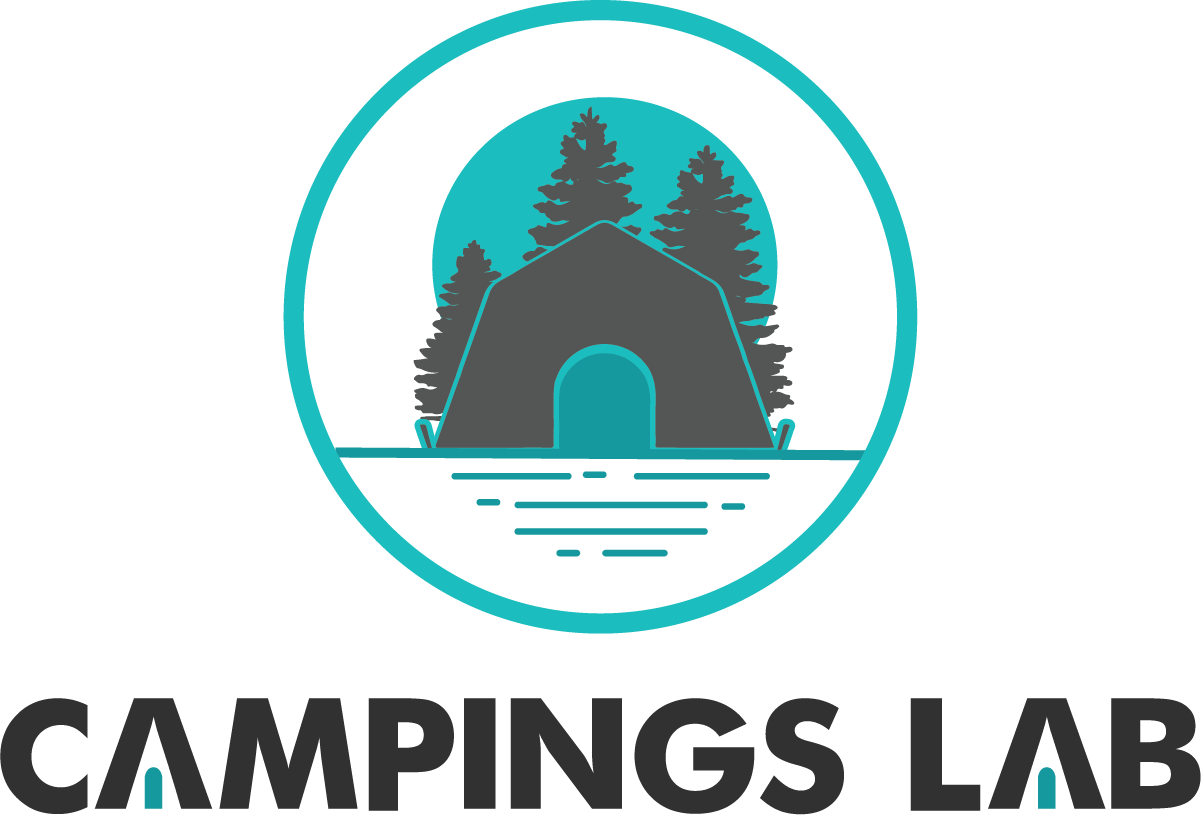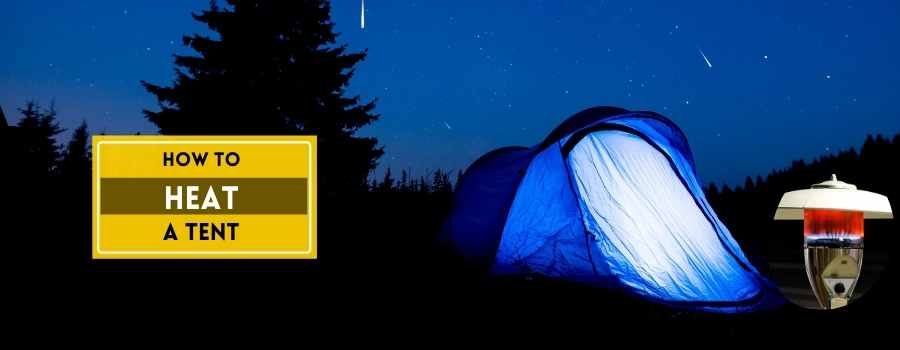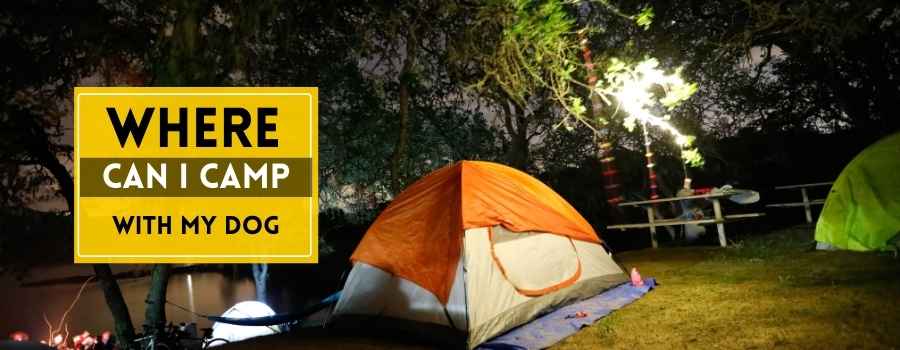Introduction
Since I have been camping a few times my family considers me an old hand at this. They ask me, “ How to heat a tent?”. It is an awkward situation because warming a tent depends on various factors and every family member talks over the other so there is no way I can verbally teach this to them.
Thus, I am writing this small piece of prose in hopes that my relatives and other people find this helpful. And can peruse this rationally in their leisure time. I am also relieved of the duty of mentioning the same thing over and over again.
Heating a tent and the weather
The main thing to remember when camping is that the weather and the season you camp in affect you more than you think. There is a novice idea that you should pack your bags according to the place you are camping in. It is wrong.
While the place is important for cooking and tent placement, comfortably spending the time depends on the temperature. And you should pack based on this.
You can camp all season but is it harder to warm a tent in winter than it is in summer. Keeping the warmth in and yourself warm is more significant in winter camping. It is because the consequence of not doing so is more.
If you do not insulate your tent, it may lead to hypothermia. That being said, bringing the right stuff will immensely help you in this case.
How to warm the tent
The right tent
The first thing is making sure your tent is the right one. A summer tent may be relatively inexpensive; it is not always suitable for how to heat a tent. If you can, buy a three-season or a four-season tent.
They have thick walls with built-in padding and they don’t easily let the cold air in. They also don’t let the warm air out. This may sound confusing.
Let me explain in simpler terms. In an enclosed space where there are no extraneous factors coming in from the outside, the air gets warmer and warmer. The reason is that we radiate heat energy from our body all the time to keep ourselves warm.
This heat leaks into the environment. In a four-season tent, the heat has nowhere to go and thus mixes with the air and raises its temperature. This warms the tent.
Due to the inability of the cold air to get in, the warm air remains and doesn’t replace itself with cooler air. This is why it is better to get a four-season tent and let it warm up gradually during camping.
The size of the tent is also a concern. Large tents have air pockets which can be difficult to heat. A densely packed tent (with other people or objects) is better to have than empty spaces.
The right tent can make all the difference in raising or lowering the temperature.
Water
It can sound shocking that water is used to heat a tent. However, this is a fact which is based on science. Water has a great thermal mass capacity.
When we want to keep a space warm, we have to fill it with things that can retain heat and lose it slowly. This ability is called thermal mass.
Water has the capacity to remain hot for a long time. This is why we should use water to keep the tent warm while camping. It is also easy to heat in a tent stove or over a campfire.
You would need hot water anyways if you like to winter camp. To use water in this way, you need to: bring the water up to boiling temperature. Then, pour water into metal bottles or hard plastic bottles.
Place those bottles in strategic positions inside the tent. It is not a must to use a bottle. In an emergency, you can use any hard plastic or metal container.
But, I like to use bottles because they are portable and you can also use them to store drinking water. You can also place some inside your sleeping bag to keep yourself warm.
Rocks
If you haven’t noticed it yet, I am emphasizing on how to naturally heat a tent or without electricity. The reason is that sometimes you can run out of battery or the device can stop working. This situation will put your back against a corner.
Another way to up the temperature is rocks. Try to find flat-shaped or smooth rocks near your camping area. If you cannot, bring them from beside a nearby river or stream or pond.
However, do not ever camp near a water body. It can house wild animals or cold air will blow from it in your direction. Then, place the rock near your campfire.
This method works best if you have a campfire. A tent stove cannot heat many rocks at the same time. A little while before you go to sleep, take some clothes you can use to wrap up the rocks.
Stone doesn’t retain heat as well as water. Clothes will help them to keep the warmth in. It will also protect your hands and prevent the rocks from melting the tent walls.
Carry them and leave them places in corners you don’t go to.
Food
The food you eat can heat a tent. If you digest a meal that has a huge calorie count, your body heat will be greater than it previously was. High protein food and good fat will help you in this.
Conclusion
Knowing how to heat a tent will make your camping pleasant and comfortable. It also takes your mind off survival and lets you enjoy nature in a calm decisive manner.
The methods described here are mostly non-electrical. It is possible to warm tents with various machines and infinitely easier. But, I think everyone should know the basic ways to do so.
Electrical means possesses a risk of burning your tent down or starting a fire. However, if you can maintain precautions then a tent heater or a radiator is the best way to heat a tent. They can maintain a constant comfortable temperature automatically.





Leave a Reply